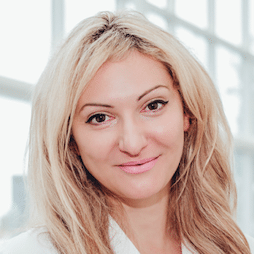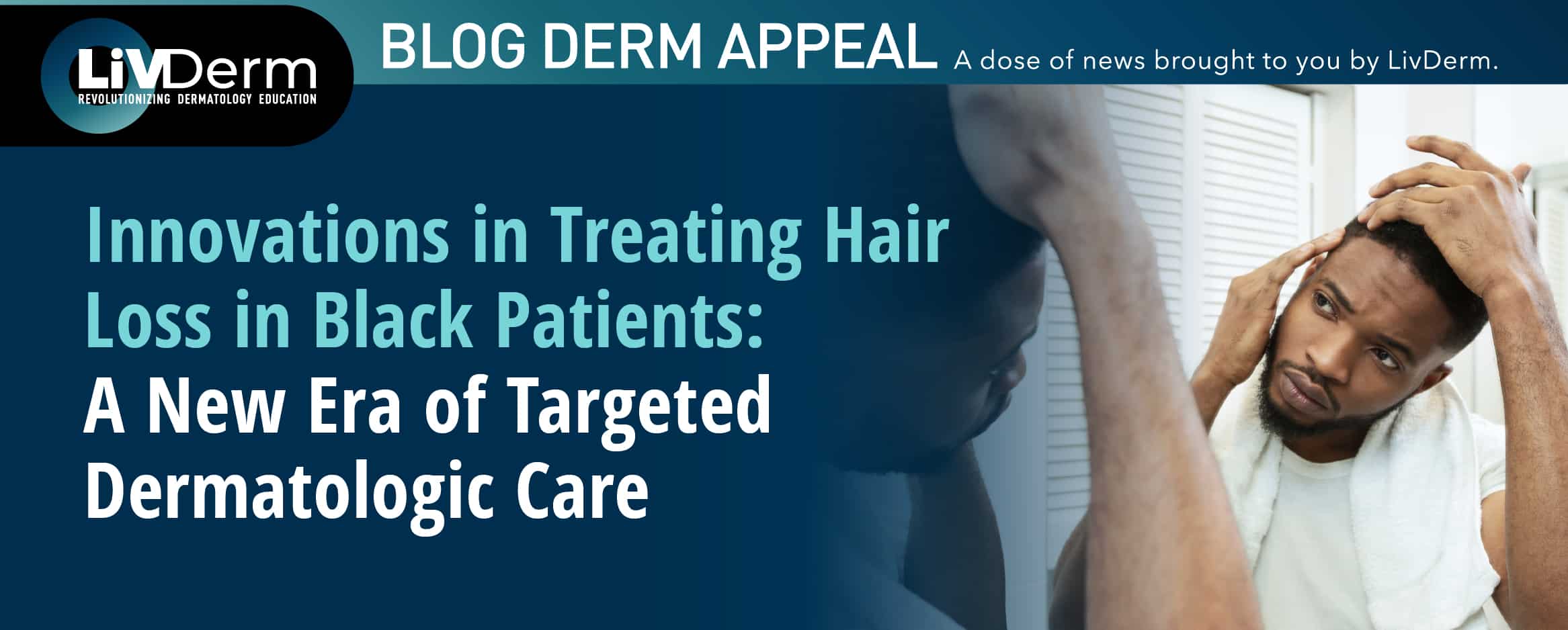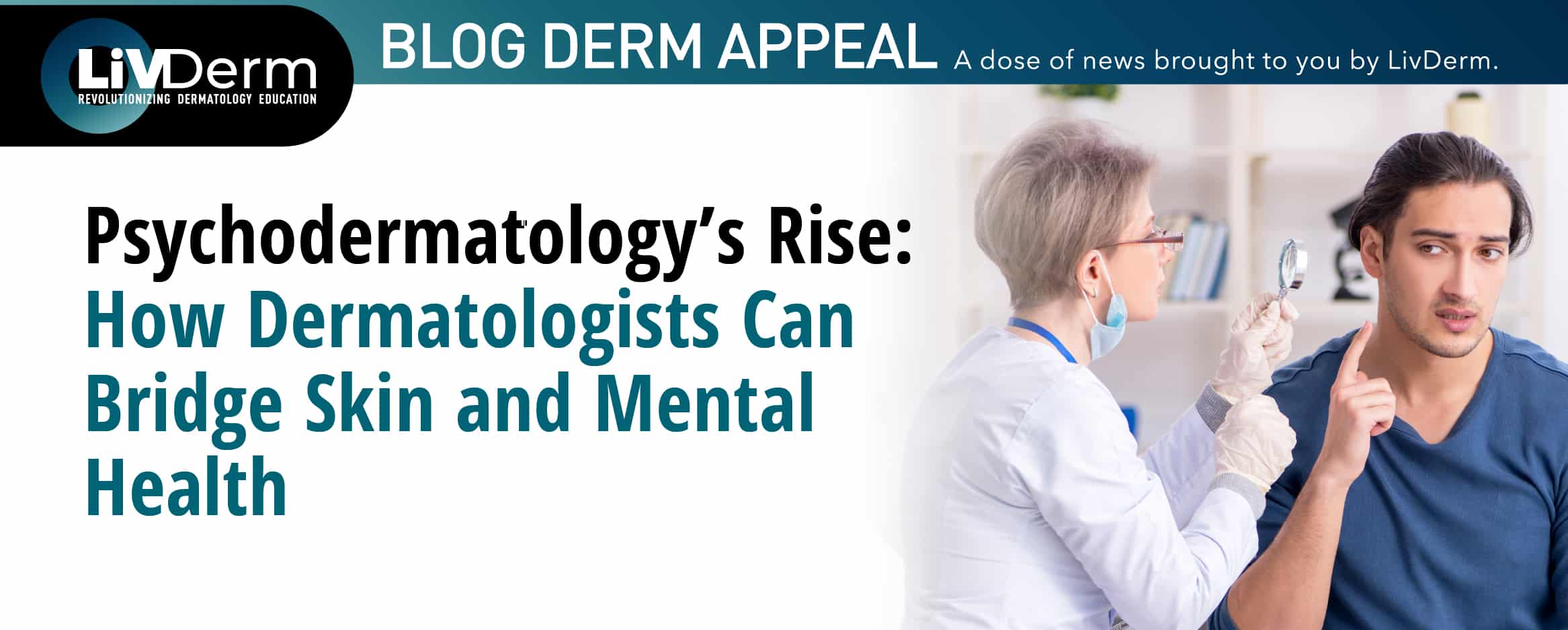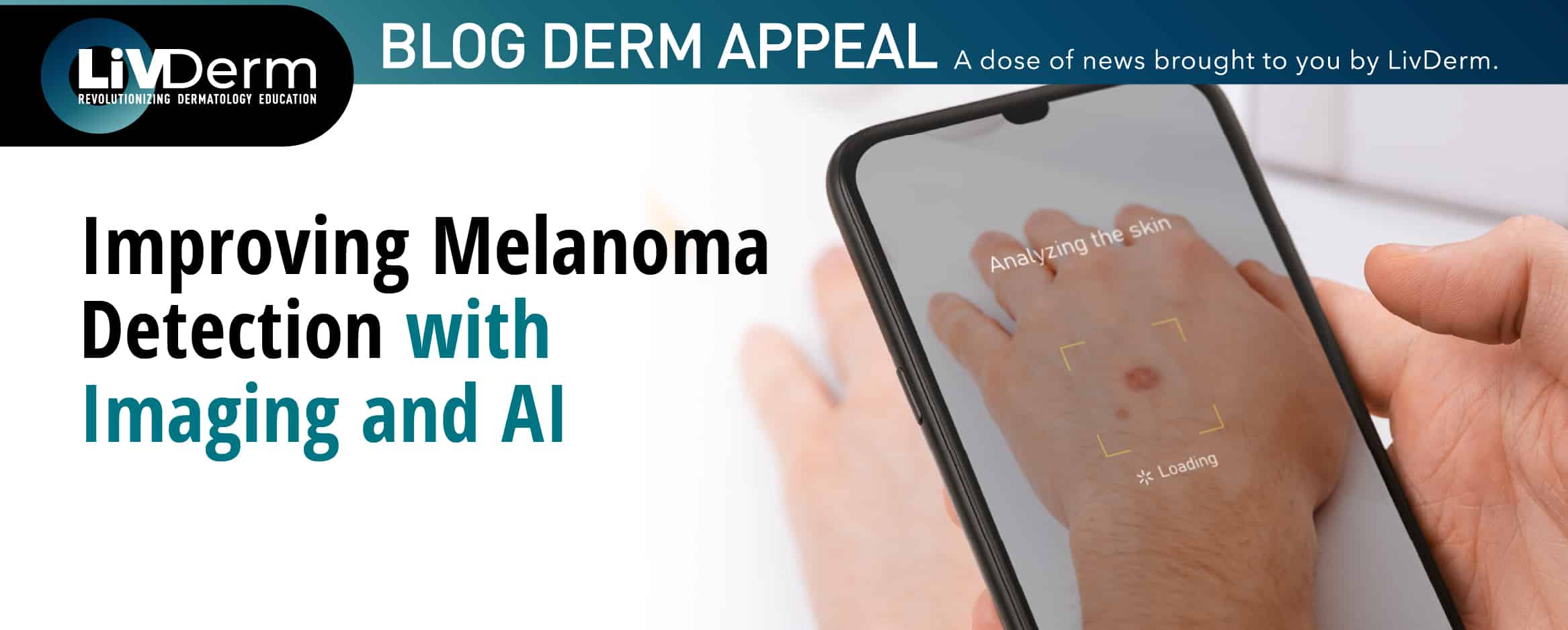
The LiVDerm team caught up with Natasha A. Mesinkovska, MD, PhD at the 2023 South Beach Symposium to chat about one of her areas of expertise, alopecia areata. She also spoke briefly about her role as co-chair at the upcoming SBS: West Coast Derm in Southern California.
LiVDerm: We’ve heard a lot about comorbid conditions often seen in patients with alopecia areata. Do you have any pearls you would like to share regarding screening or multidisciplinary care for patients with comorbidities?
Dr. Mesinkovska: For any patient with alopecia areata, there are several questions you have to ask. One, and most important for me, is whether they have any allergies. And when I ask about allergies, I don’t just mean things like hives. It’s also learning if they have dry skin, itching, eczema, or asthma. Why? Because about 30 to 60 percent of patients are going to have some sort of atopy. And if that atopy flares, it can also flare their alopecia areata. So the two are very tightly connected. The second thing I ask about is any weight gain or fatigue because there is still a low likelihood they will have a comorbid thyroid condition. Those are things you definitely ask. You always ask patients whether they have any other skin findings, white patches like vitiligo, any kind of joint pain for arthritis, or any kind of belly issues or abdominal pain that may signal inflammatory bowel disease.
LiVDerm: What is your personal approach to developing a treatment plan for your patients with alopecia areata?
Dr. Mesinkovska: First, I gauge the atmosphere in the room. If it’s a child, what are the parents comfortable with? If it’s an adult, what do they want? If it’s a young girl who wants treatment, what can I start her on if she plans to have kids the following year and we end up having to stop it? It’s very individual because there are so many treatments but none of them are perfect. The only ones that can really give us that silver bullet treatment are the JAK inhibitors. Baricitinib is the only one that is approved and it works very well. However, once somebody starts it, they have to be on it for a long time – forever, as far as we know right now. It does have side effects. People cannot get pregnant. If they have some other issue, they may not be a good candidate. If they have mild alopecia areata, I try to stay off systemic. But if they have more than 20 percent and it bothers them, we talk about systemic pills.
LiVDerm: You are one of the co-chairs for the upcoming West Coast Derm. Can you tell us a bit about what to expect from it and what you might be talking about?
Dr. Mesinkovska: We are trying to bring the flavor of this meeting to the West Coast. This meeting is always sold out, but it’s far away for the people on the West Coast, so it’s difficult for them to make it. But they still want to get the best of the latest things that are out there. It’s going to be a pilot thing and we hope to join all of our forces. We are inviting all of the best and the brightest in the field and merging them with the West Coast people. It’s going to be a great lineup of speakers. We are going to learn a lot, not just from the medical side of dermatology, but we are also doing devices and pediatrics.
LiVDerm: Thank you for your time. This has been very informative. Do you have any other tips you want to share?
Dr. Mesinkovska: When it comes to alopecia areata, I want to encourage people to not be scared to prescribe medications. Studies are showing that the medications are working best when people have had the disease for four years or less. You want to start early. You don’t want to wait until the chances of positive results are less.
Dr. Mesinkovska joins Suneel Chilukuri, MD as co-chair at the upcoming SBS: West Coast Derm on October 6-7, 2023. Learn more about what to expect from this brand-new event and register to join us this fall in Rancho Palos Verdes, CA.
Transcript edited for clarity.

















